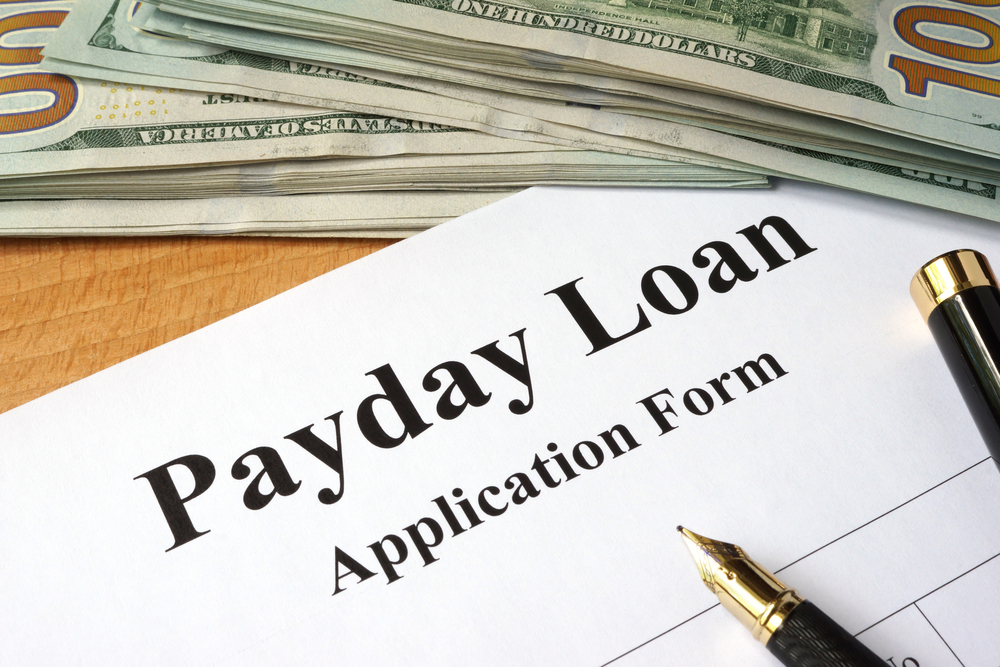The Consumer Financial Protection Bureau’s (CFPB) new payday lending rule, which requires lenders to determine upfront whether people can afford to repay their loans, has drawn criticism from the Consumer Bankers Association (CBA).

The rule covers loans that require consumers to repay all or most of the debt at once, including payday loans, auto title loans, deposit advance products, and longer-term loans with balloon payments. The bureau found that many people who take out these loans end up repeatedly paying expensive charges to roll over or refinance the same debt.
The CFPB rule aims to stop these “debt traps” by putting in place ability-to-repay protections. These protections apply to these small-dollar loans that require consumers to repay all or most of the debt at once.
“The CFPB whiffed at an opportunity to provide assistance to the millions of Americans experiencing financial hardship,” CBA President and CEO Richard Hunt said. “It is hard to believe just days after the CFPB reported more than four in ten Americans were struggling to pay monthly bills – often because of unexpected or emergency expenses – the Bureau would drive Americans to pawnshops, offshore lenders, high-cost installment lenders and fly-by-night entities.”
CBA said the CFPB should have worked with other regulatory agencies to examine the use of small-dollar lending programs, such as deposit advance products, so consumers can receive short-term, emergency loans from their banks.
Deposit Advance Products offered consumers the ability to obtain short-term, small-dollar loans. These products come at lower costs and with more protections than payday loans from other lenders, Hunt said.
However, in 2013, Federal Deposit Insurance Corporation (FDIC) and Office of the Comptroller of the Currency (OCC) guidance eliminated these products, Hunt said. The FDIC and OCC guidance recommended the use of underwriting that is more appropriately applied to a much larger mortgage loan and placed soft caps on percentage rates banks could offer consumers. This, combined with a low-interest rate environment, has made small-dollar credit unviable and has forced banks to exit the market.